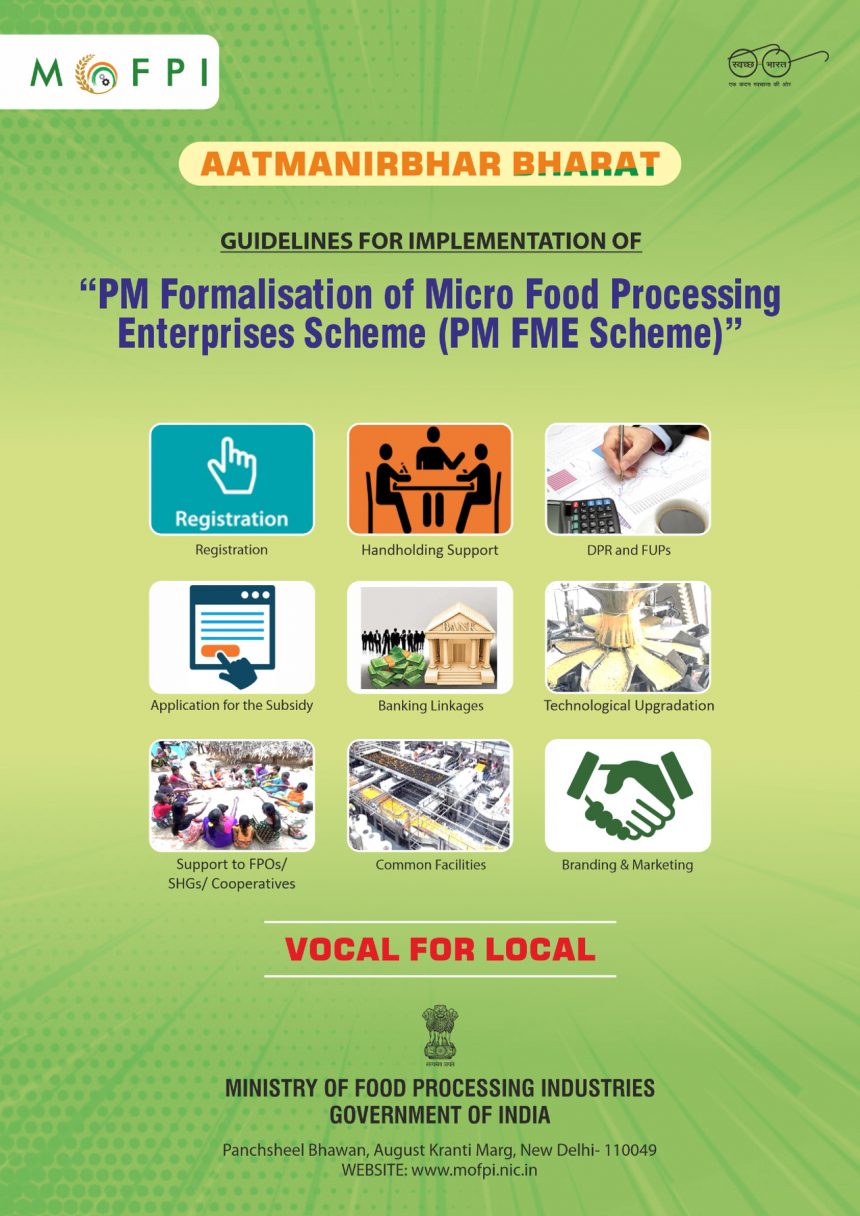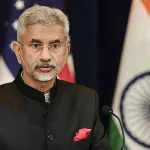Horticulture is backbone of State economy contributing nearly Rs:-5000/- Crore to our economy, as per an estimate over 07 lac families are directly or indirectly engaged in pursuits connected with Horticulture sector. So it is one of the sectors, which contribute significantly, in employment generation and add nearly 9% to the Gross State Domestic Product.
- Horticulture contributes nearly Rs:-5000/- Crore to States economy annually.
- Horticulture sector contributes about 7% to the Gross State Domestic Product.
- 236 private registered Nurseries produce 13 lac plants.
- 7 Lac families / 33 Lac souls involved in the trade.
- Productivity of Apple -10 MT/ ha and average of all fruits is 5-6 MT/ha. There is a potential to enhance the productivity of Apple from 10 MT to at least 45 MT per hectare with high-density farming system.
- Diversification of fruits from traditional apple to other fruits like Walnut and Cherry that face very little or no competition in the National and International market has been taken on a large scale. Even, in case of apple diversification of varieties has been planned with more stress on Ambri, Star Crimson, Cooper-4 and Red Fuji. Various schemes have been implemented to achieve these objects. Media Platforms like Rising Kashmir is playing an essential role to aware farmers about the new technological developments in the horticulture sector.
High Density Plantation Scheme
Introduction: High Density Plantation scheme is 100% UT funded scheme formulated to achieve the objectives of enhanced production and productivity and raising the income of farmers
Qualifying Orchard area: Minimum- 1kanal.
Maximum- 40 Kanals.
Fruit crops included in the scheme: Apple, Pear, Cherry, Olive, Kiwi, Mango, Litchi, Citrus, Guava, Dragon fruit, Almond and Walnut(12 fruits).
Duration of the scheme: 5 years.
Yearly Targets: 5500 Hectares of Land in 5 years
Financial institution:
- J&K Bank.
- ii, Any other financial institution who provide loan to orchardist independent of the Scheme.
Financing pattern:
- Subsidy Assistance – As per Crop wise per/Ha Budget defined in the scheme.
- Rest of the project cost: 8o% Finance by the Financial Institution (Optional).
- 20% Borne by the farmer.
Rate of interest: As per rate structure applicable to agriculture sector.
Repayment of loan (if awaited):
- Capitalization of interest for 3 years
- Repayment from 4th year onward. However, if any orchardist prefers repayment earlier, there shall be no bar.
Stakeholders:
- Department of Horticulture.
- Financial institution.
- Private enterprise (Service Provider)
For other details Farmers can visit their concerned Horticulture Department.
PM Formalisation of Micro Food Processing Enterprises Scheme (PM FME Scheme).
Programme Components
The programme has four broad components addressing the needs of the sector:
- Support to individual and groups of micro enterprises;
- Branding and Marketing support.
- Support for strengthening of institutions.
- Setting up robust project management framework.
Support to Individual Micro Enterprises: Individual micro food processing units would be provided credit-linked capital subsidy @35% of the eligible project cost with a maximum ceiling of Rs.10.0 lakh per unit. Beneficiary contribution should be minimum of 10% of the project cost with balance being loan from Bank.
Eligibility criteria for individual micro enterprises under the scheme:
- Existing micro food processing units in operations.
- Existing units should be those identified in the SLUP for ODOP products or by the Resource Person on physical verification. In case of units using electrical power, electricity bill would support it being in operations. For others units, existing operations, inventory, machines and sales would form the basis.
- The enterprise should be unincorporated and should employ less than 10 workers.
- The enterprise should preferably be involved in the product identified in the ODOP of the district. Other micro enterprises could also be considered.
- The applicant should have ownership right of the enterprise.
- Ownership status of enterprise could be proprietary / partnership firm.
- The applicant should be above 18 years of age and should possess at least VIII standard pass educational qualification;
- Only one person from one family would be eligible for obtaining financial assistance. The “family” for this purpose would include self, spouse and children.
- Willingness to formalize and contribute10% of project cost and obtain Bank loan.
- Cost of the land should not be included in the Project cost. Cost of the ready built as well as long lease or rental work shed could be included in the project cost. Lease rental of work shed to be included in the project cost should be for a maximum period of 3 years only. The Scheme would support clusters and groups such as FPOs/SHGs/ producer cooperatives, SHGs along their entire value chain for sorting, grading, assaying, storage, common processing, packaging, marketing, processing of agri-produce, and testing laboratories.
Branding and Marketing Support: Marketing and branding support would be provided to groups of FPOs/SHGs/ Cooperatives or an SPV of micro food processing enterprises under the Scheme. Following the ODOP approach, marketing & branding support would only be provided for such product at the State or regional level.
- Eligibility criteria: The proposals should fulfill the following conditions:
- The proposal should relate to ODOP.
- Minimum turnover of product to be eligible for assistance should be Rs 5 crore.
- The final product should be the one to be sold to the consumer in retail pack.
- Applicant should be an FPO/SHG/cooperative/ regional – State levels SPV to bring large number of producers together.
- Product and producers should be scalable to larger levels.
- Management and entrepreneurship capability of promoting entity should be established in the proposal.
Capacity Building & Research: Capacity building and training is a critical component in technical up-gradation and formalization of micro food processing enterprises. At the National level, National Institute for Food Technology Entrepreneurship and Management (NIFTEM) and Indian Institute of Food Processing Technology (IIFPT) would play pivotal role in capacity building & research. They would be eligible for financial assistance towards research and capacity building. NIFTEM and IIFPT in partnership with State Level Technical Institutions would provide training and research support to the selected enterprises/groups/clusters. National level product specific institutions under ICAR, CSIR or premier institutes like DFRL and CFTRI will be partner institutions for providing support at the vertical level across the country for training and research.
Institutional Architecture: Robust institutional architecture at all administrative levels would be set up for the scheme. There would be committees at the National, State and District levels (for policy guidance) for implementation and to monitor the progress of the Scheme. These committees would oversee the performance of the National Programme Division at MoFPI and the State Nodal Agencies. In addition to these, there would be PMUs set up comprising consultants and experts engaged on full time basis to support the National Programme Division at MoFPI and the State Nodal Agencies.
Follow Rising Kashmir for related topics. Rising Kashmir is helping drive the green revolution in Kashmir by introducing farmers to new schemes .








